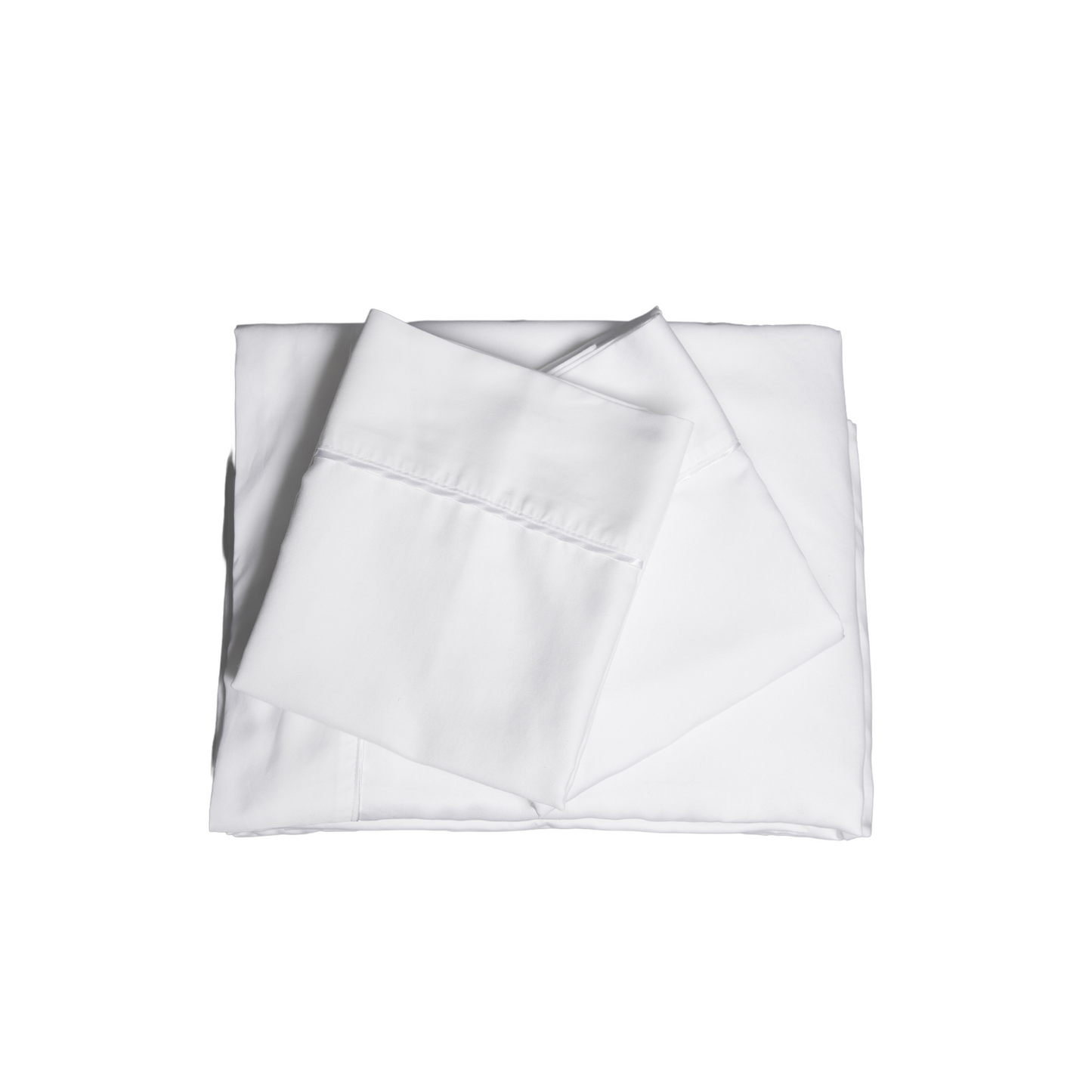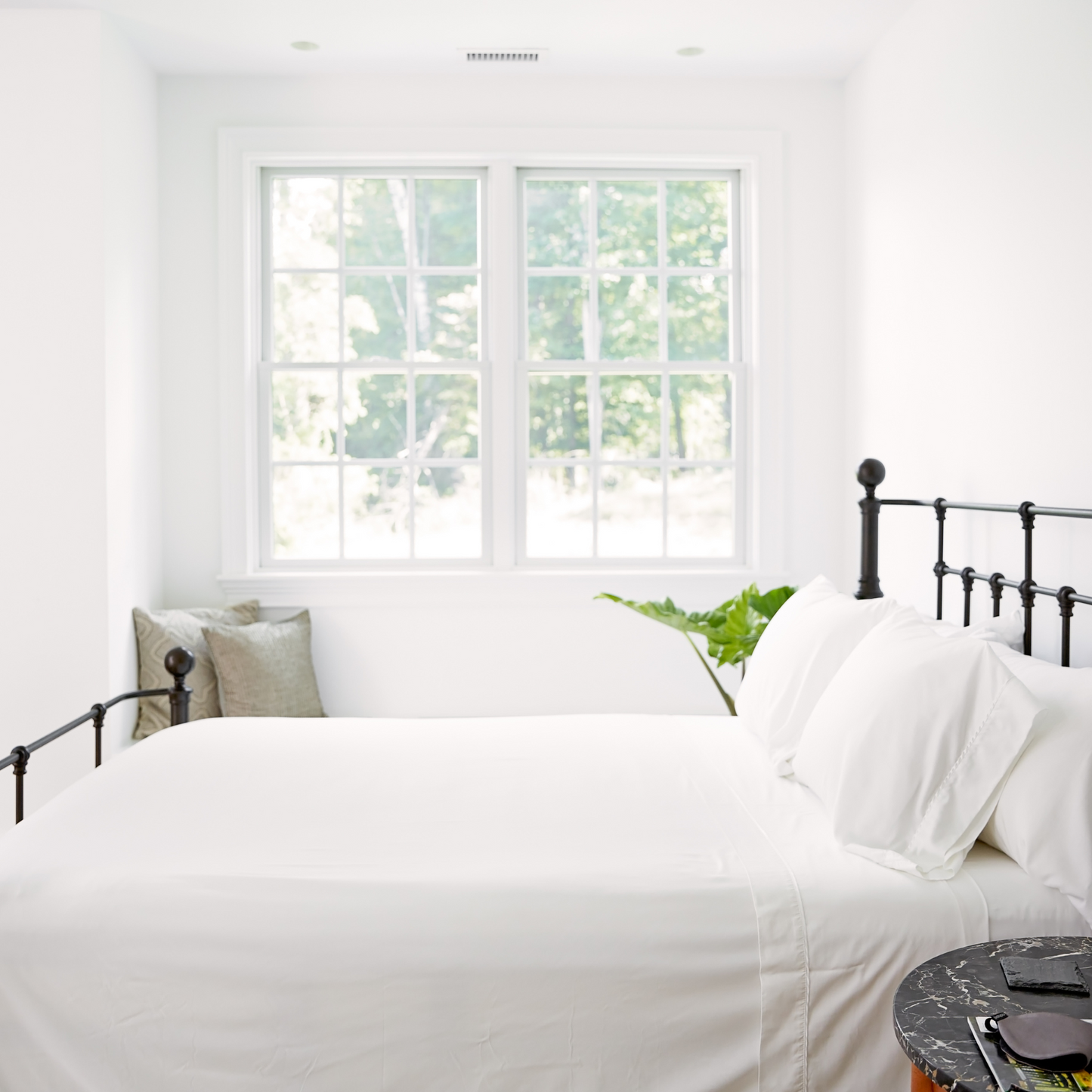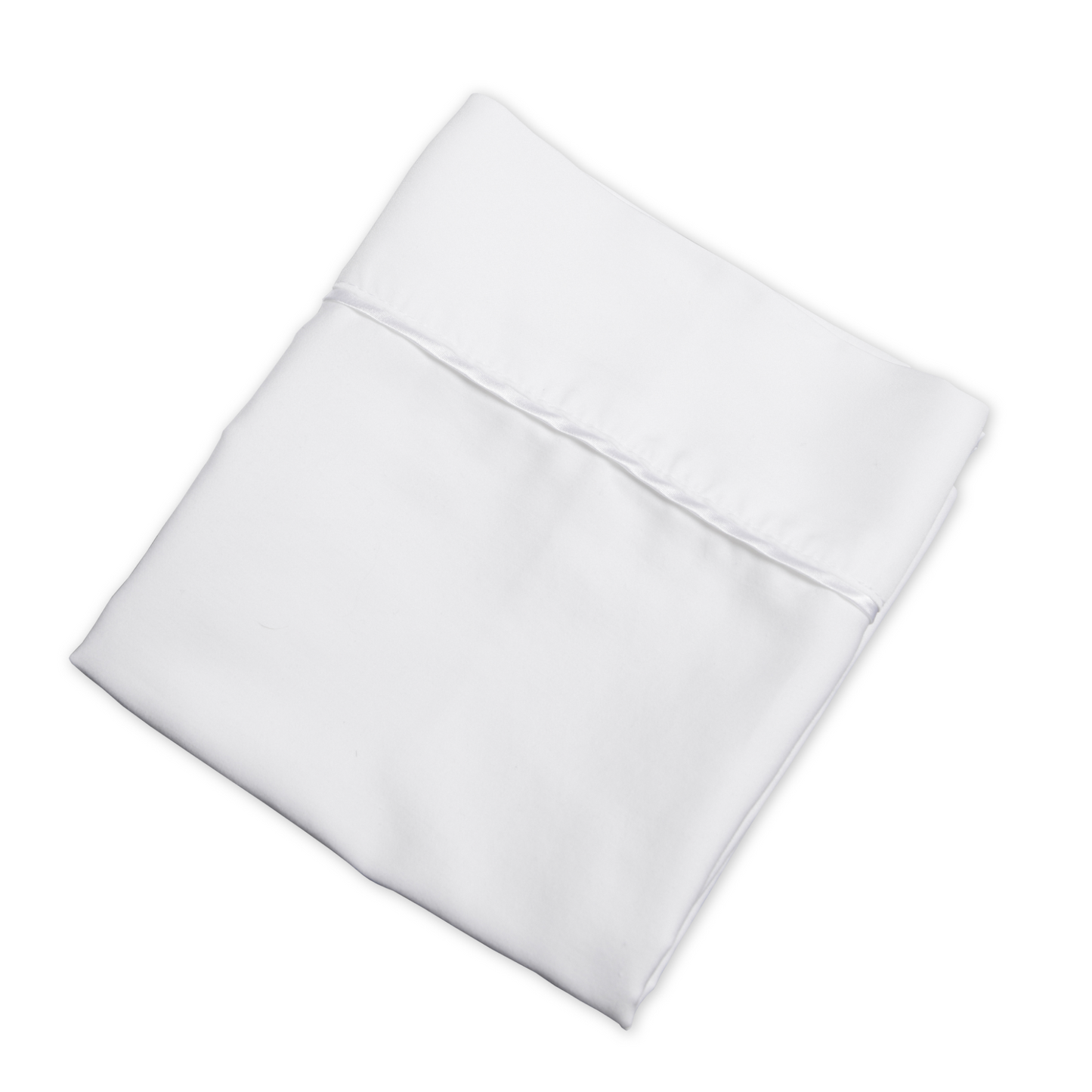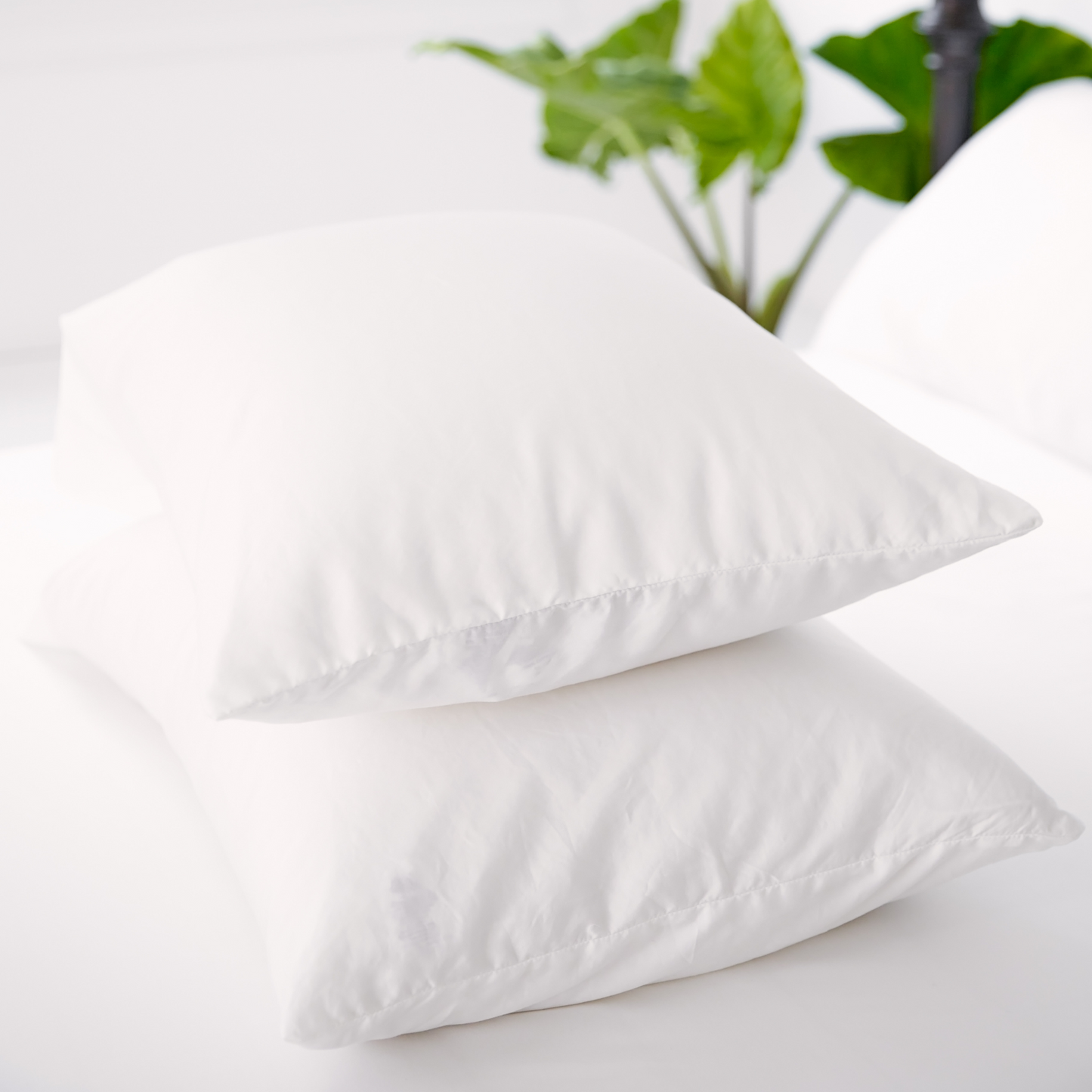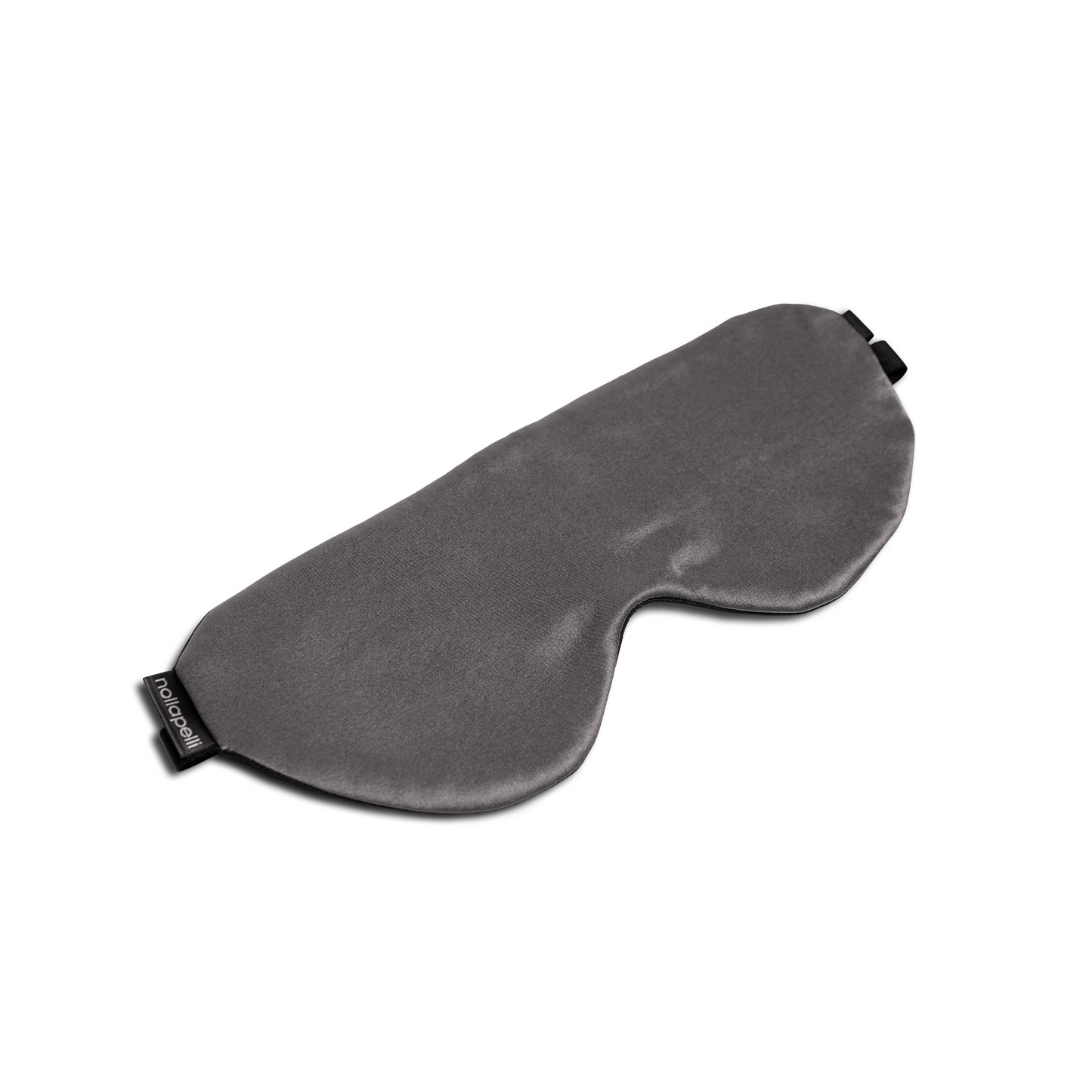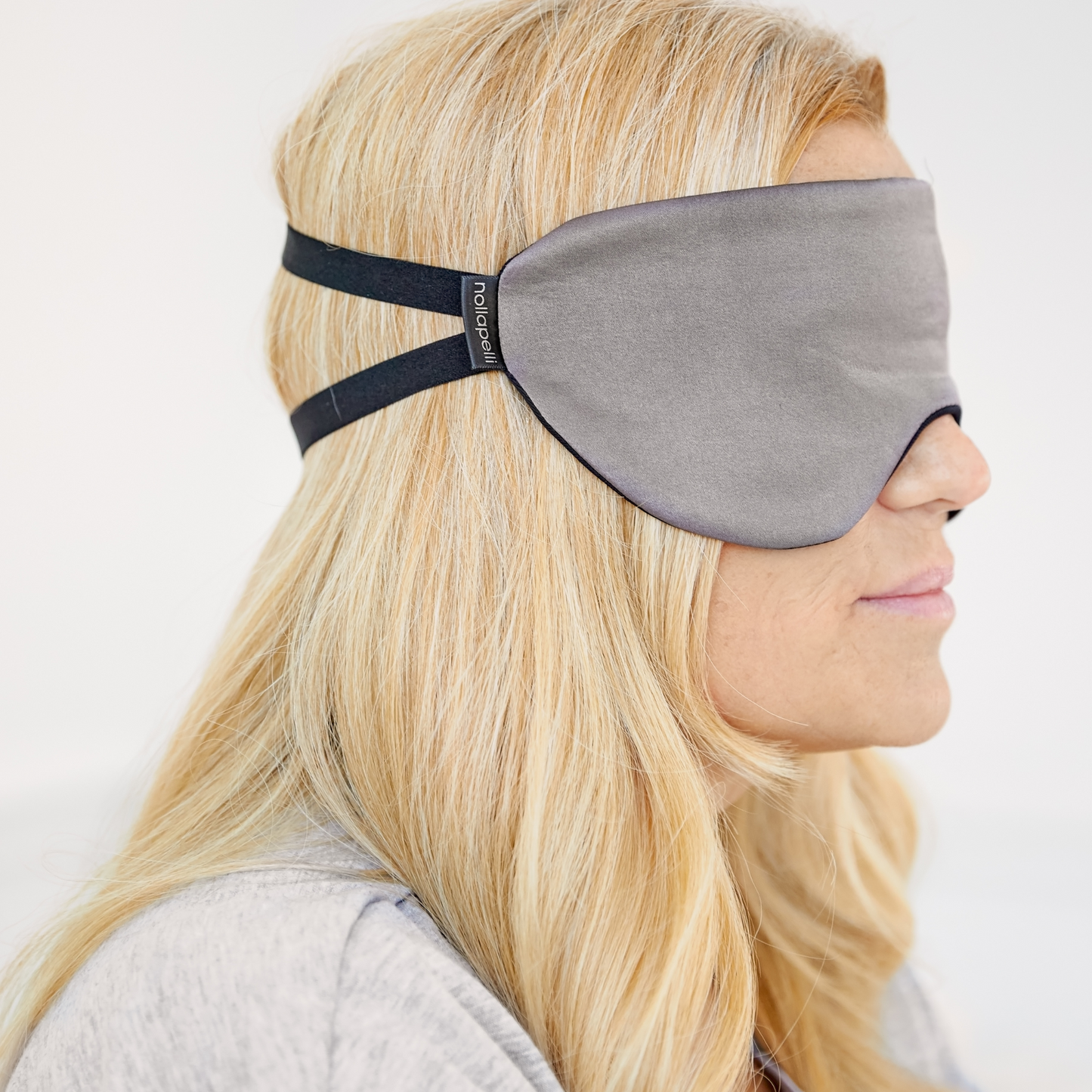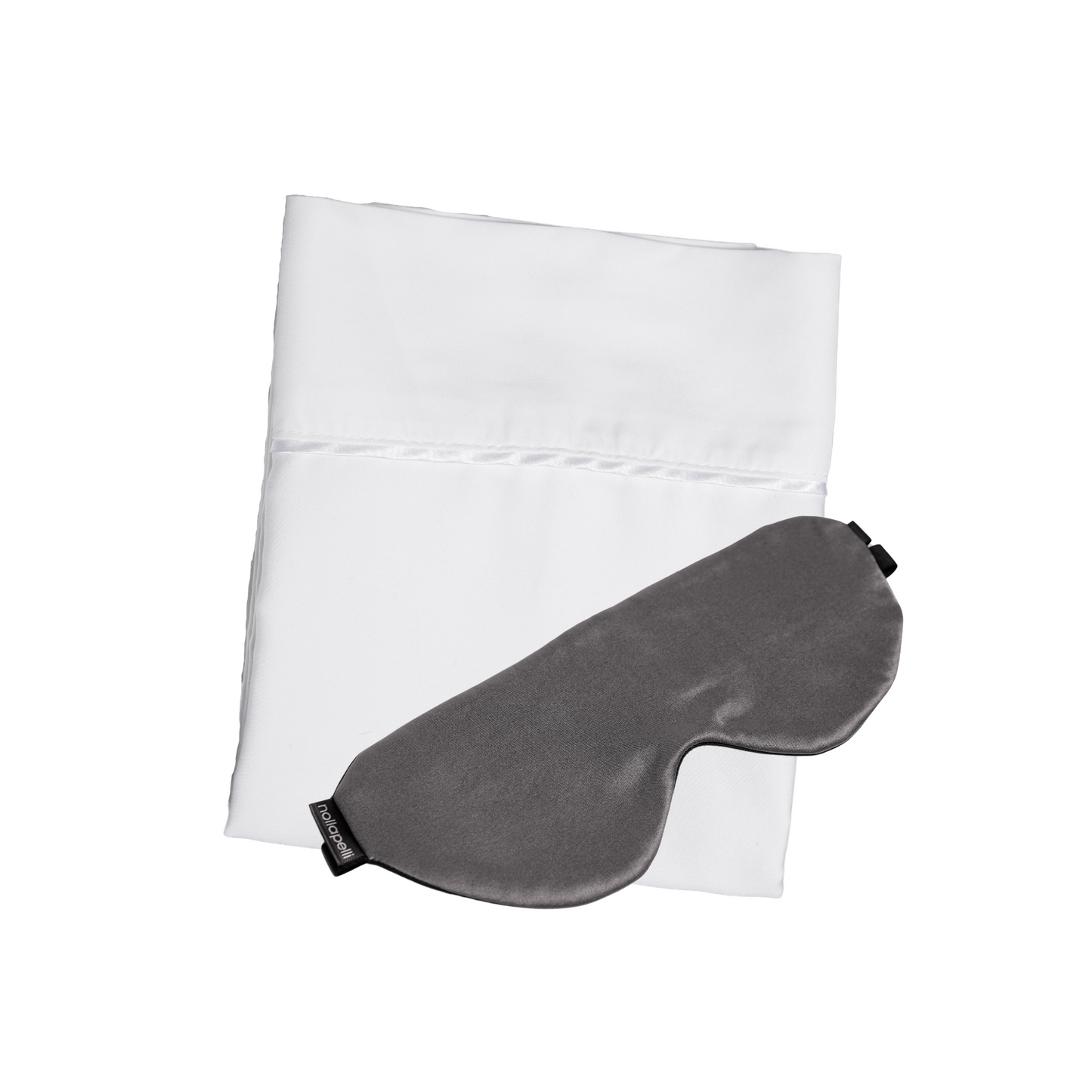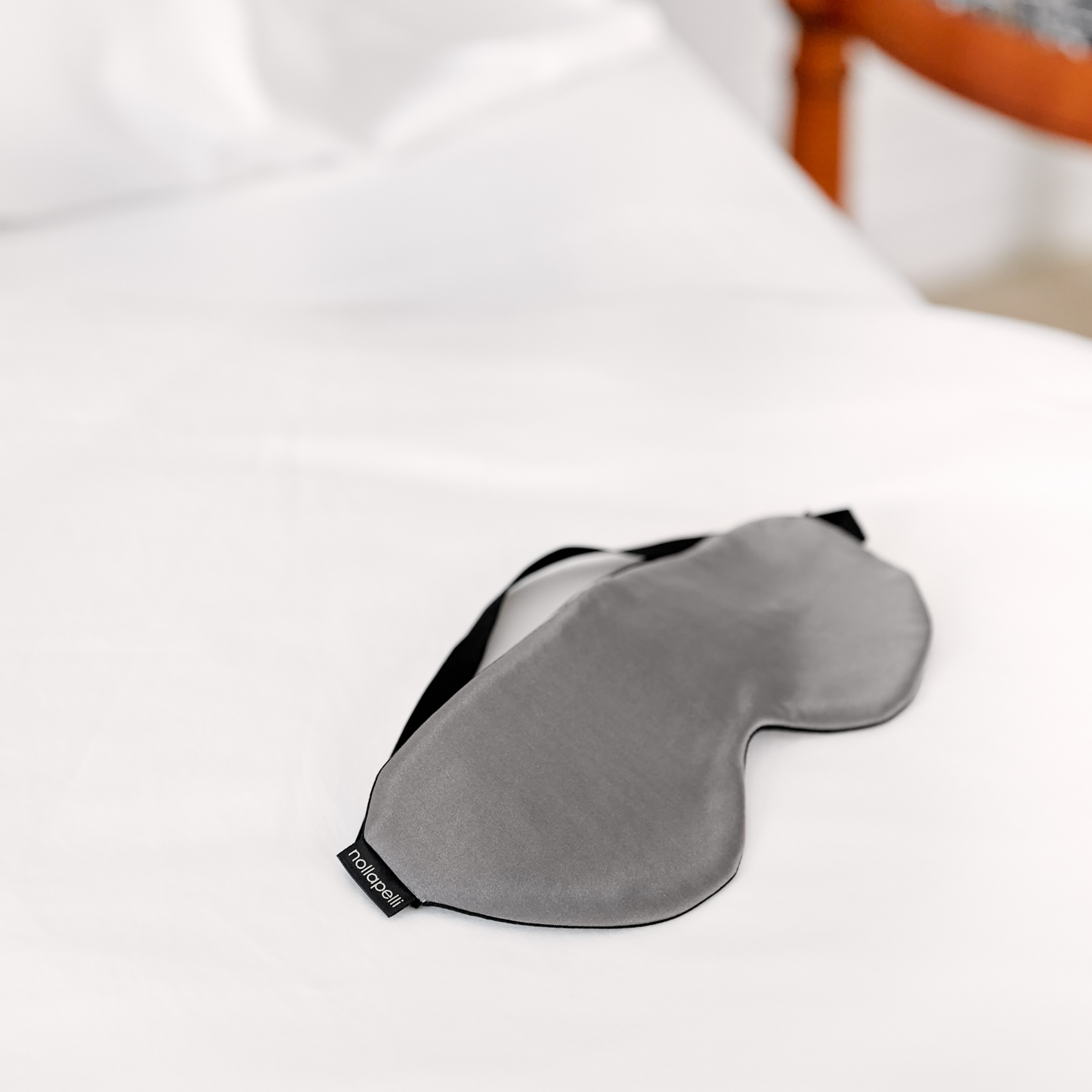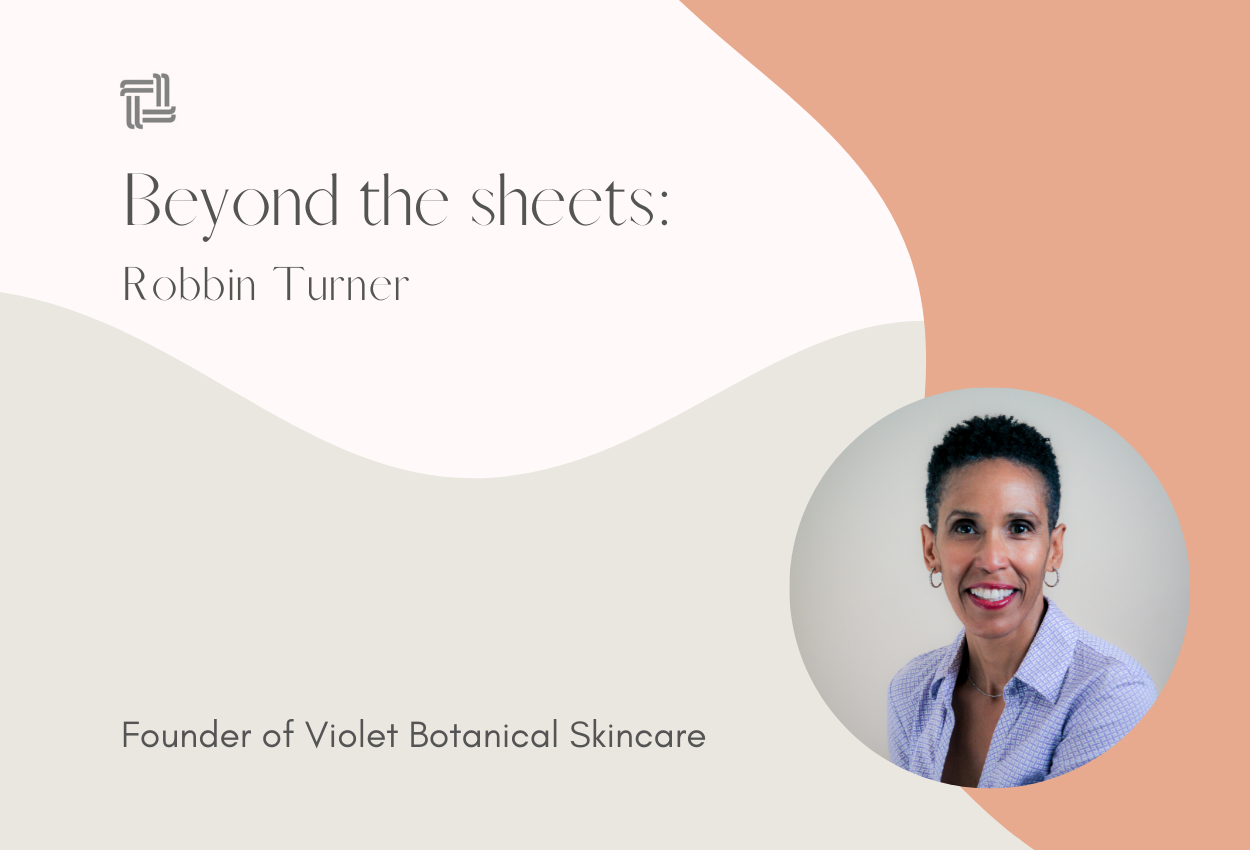
Beyond the Sheets is a monthly series where we share the health and wellness journeys of fellow wellness disruptors; those, like our founder Allison, forging innovation around sleep, skincare, and overall well-being. This edition features Robbin Turner, founder of Violet Botanical Skincare.
Robbin Turner founded Violet Botanical Skincare in 2016 on the principles of honor, tradition, love, and simple ingredients that put Mother Earth first. Prior to the launch of her company, Robbin drew inspiration from her grandmother’s homemade remedies. She leaned on her master’s degree in education, immersing herself in African herbalism, ancient Egyptian aromatherapy, Southern folk herbalism, and modern-day herbalism. Her knowledge is awe-inspiring.
Talking with Robbin reminded me that skincare, and overall wellness, does not have to be complicated. We make it complicated.
Robbin’s presence in the world of wellness is critical (not to mention, the smell of her products unlock a beautiful inner tranquility - I highly recommend the Queen of Flowers Body Wash). I could go on, but I want you to experience the refreshing magic that is Robbin Turner firsthand.
Robbin: I am trying to be more of a conscious consumer. With our product line, it is multi-use. I am a multi-use person. Our oils, our butters, you can use them from head to toe. Say, for sleep, using Nollapelli sheets or using a proper ingredient you can use all over that is less you are buying, it is sustainable, it has less carbon footprint, less strain on the Earth, it’s better all around.
Jessa (Nollapelli): 100% percent. I love that we dove in here! When it comes to the roots of your company, how do you mold tradition into modern day skincare?
Robbin: I look at what my grandmother has done. When you look at women and people from Africa, and you look at their skin, and depending on where they are, they are in the sun, extreme heat and the Sahara gets cold in the evenings. You look at their skin and think about what they do. They live in rural areas; they can’t run out to Target or Sephora. I think about keeping it simple. Every person’s ancestors, at some point in time, no matter where you came from, lived off the land. I think about how they lived, and how they live now. And still they keep it very simple. They have ingredients like shea butters that have stood the test of time. What’s new and kitschy today, tomorrow the next new and kitschy will replace that. I look for things that have been used for a millennium. And it works.
Jessa: “New” is such a coveted word, especially with wellness in the United States. Why do you think we turned away from these tried and true remedies over the years?
Robbin: The industrial revolution. Makeup and cosmetics were modernized around the nineteenth century. That is when we had the western standard of beauty. And, marketing and television are what boosted cosmetics. When TVs came into our home, that helped market beauty brands, and then when color TV came into our home, that drove the innovation in cosmetics. Then, it was supported by Hollywood, beauty pageants and celebrity culture. We still want to fulfill that beauty standard; it’s been ingrained in us. That’s why we are always looking for the next new thing.
Jessa: The harmony between Mother Earth and skincare, what does that look like to you?
Robbin: First of all, we are plant-based and use what is of the Earth. What Mother Nature gives us is sufficient. It was sufficient for our ancestors and our forefathers. Like I said, the industrial revolution drove modernization in cosmetics – we can make it cheaper, faster, we can sell more and make more money.
For me, harmony between Mother Earth is also sustainability. But the thing that people don’t talk about when it comes to sustainability is that the majority of skincare products, depending on what product it is, are about 65% to 95% water. For me, to maintain harmony, we are oil-based. Oil comes from the seed of fruits and nuts; shea is a nut. Those seeds used to be discarded or used as cooking stones. Now, we are making use of something we use to discard. The vendor I source from, they are located in Botswana, they only use less than 1% of the harvest so they are not over harvesting. A lot of places where these indigenous ingredients are harvested, prime example India with sandalwood, have been over harvested. There is a moratorium now on India with sandalwood. This is how I am and how Violet Botanical Skincare is in alignment with Mother Earth: by not over-harvesting and using something that was once being thrown away.
Jessa: I don’t often think about waste in the wellness industry – the over-harvesting of ingredients or the waste in the production process or from bottles. It’s one of the reasons I love your packaging.
Robbin: We decided to use recycled soda glass. It’s less taxing on the environment. I tell people, peel the label off, wash it out with hand soap and use it as a bud vase or refill it. It’s also why we decided not to use boxes. Even though some boxes you can recycle, I still decided to use a velour pouch. That is something people can put ornaments in, they can use it as a cosmetics bag, a travel jewelry bag – just trying to be less taxing on the Earth.
Jessa: Switching gears, I want to talk about rest and its connection to skincare. Right now, rest is more important than ever. There are a lot of stressors, especially for the Black community, so how does rest impact the skin?
Robbin: Similar to your body, for your skin, rest is the time when your cells turnover and rejuvenate. At nighttime, that’s when our skin cells sloth off like snakes. Rest is so important for your skin because when you are stressed, when your cortisol kicks up, you need to rest and bring that back down. We also have so many environmental stressors, so at night it gives your cells time to repair and rejuvenate.
Jessa: It’s interesting. Rest is often seen as a weakness. It’s not, it is necessary to make you stronger and your skin stronger.
Robbin: Our bodies are well-oiled machines if we allow them to do what they were made to do. Sometimes, when we use some of these synthetic chemicals in our skincare products, it throws off our natural process. It’s very important we get our skin, get our hormones, get our body back to homeostasis, and rest is the only thing that allows that to happen.
Jessa: What is one thing you do every day for your skin?
Robbin: Drink plenty of water. The first thing I do in the morning is drink water with lemon. And, that’s not only good for your skin, but it also gets your organs going and your brain moving.

